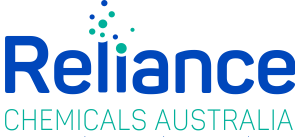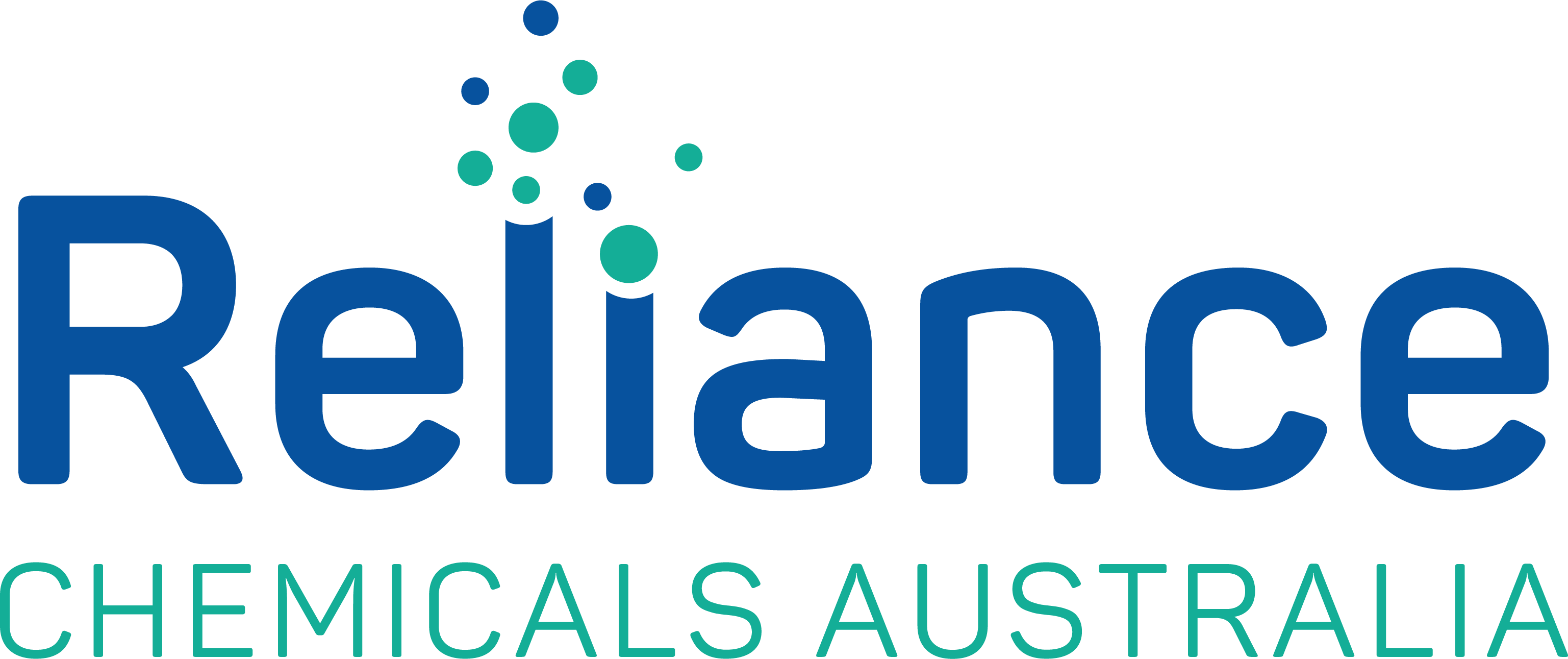
Reliance Chemicals: Chemical Industries in Australia
Chemicals are a vital part of our world. They can be found in many places, such as the food we eat and on clothes to guard against harmful substances like pollution or insects. Chemicals come with different properties that give them unique uses ranging from changing colorants for decorating your home’s exterior walls; to providing protection through sun screening abilities that help prevent skin damage caused by cancer-causing rays from sun exposure – but not just outside! In this article, we will know all about the chemical industries in Australia and their usage, contributions, drawbacks, and so on.
Contributions of The Chemical Industry in Australia
The chemical industries are a wide field of different products. In general, the chemical industry produces chemical compounds and chemical materials.
- A chemical compound can be defined as a chemical substance consisting of two or more elements that are bound together by sharing electrons.
- Chemical materials on the other hand mean ‘substances that may alter the environment and/or pose a risk to human health and safety.
The chemicals used in chemical plants vary depending upon the type of chemicals produced.
Chemical plants use chemicals such as chlorine and sulfur dioxide. They also cannot be stored for long periods without deteriorating because of their strong affinity for water which makes them corrode metals and rust construction works at the plant site. Hence special care is taken while installing and operating them.
Chemicals used in chemical plants need to be very pure and water-free because the plant produces chemicals that are consumed by animals. These chemicals are usually stored and transported as a liquid because their boiling points are low ensuring that they do not vaporize into poisonous gases even when allowed to stand for long periods without care.
- Lime, dolomite, and magnesia chemicals used by lime kilns can also be hazardous as they readily give off carbon dioxide gas dense with fine particles which corrode metals and makes respiratory organs fail.
- They also react violently with water producing heat thus making it difficult to store or transport them.
Raw materials for chemicals must be chosen considering their ease of transportation to the chemical plant. The chemicals are then reduced into smaller sizes through crushing or heating which reduces volume but increases weight.
Materials should be selected for chemical processing based on their reactivity so that they don’t react with other chemicals. This makes it easy to apply different chemicals one after the other without any interference from chemicals already applied.
In short, chemicals used should be chosen considering their cost for transport, ease of storage and transportation, reactivity with chemicals already applied, and economic feasibility.
Safety & Risk Factors
Before we delve further into the topic, we must discuss the importance of safety while dealing with chemicals.
The chemical industry is one of the most dangerous industries in existence. Many chemicals have been shown to be hazardous at some stage during their manufacture and transport, but it’s not just those that are liquid or gas; there also exist solids risks too!
Processes often involve high temperatures–which can easily lead up towards critical levels if not carefully controlled-and pressures exceeding 15 atmospheres (1000 psi).
These reactions need extreme care because they’re unpredictable by nature – especially with regards to how fast things happen on screen.
Thus, all these make safety a top priority both domestically as well internationally where we operate within limits set out through national legislation.
Reliance Chemicals Australia
Reliance Chemicals is the pioneering manufacturer of cleaning detergents and other chemicals for the Automotive, Industrial, Hospitality Enterprise Government Civil Construction Mining Industry.
With over 25 years of experience in formulation development, they take pride to provide you finest products across the entire industry with extensive research & development efforts as means of perfecting their craft.
Cleanliness is important in the hospitality industry and Reliance Chemicals knows it well.
Their range of cleaning detergents & chemicals goes beyond compliance with safety norms, as our research team works tirelessly to bring you quality products that are both sustainable and biodegradable too!
For example, dishwashing liquid contains the chemicals Sodium phosphate, Sodium carbonate, Nonionic surfactants (detergents), Zeolite (a mineral), Cationic surfactant (stain remover).
Bleach consists of an alkaline solution of sodium hypochlorite and other components like Fragrance, Polyelectrolytes (builds suds), and Sodium hydroxide to help it work perfectly.
Disinfect is a chemical that kills germs. In this case, it has been rated to be 5 times stronger than an average disinfectant product in the market due to its formula consisting of quaternary ammonium compound.
Hand Sanitizer
Hand sanitisers are an integral part of our lives since the beginning, and they continue to play their role in preventing infection. Hand soap contains alcohol that disinfects hands without having a drying effect on skin like many other products do; this makes it possible for you not to have dry patches or irritation after using one!
A specially formulated cream with the inclusion of polymer beads that are designed to remove ingrained dirt and grease from your hands.
This product effectively works as a gentle layer of protection, keeping them soft and smooth while also protecting skin against future damage caused by harsh chemicals found in common cleaning products such as handwashes or detergents!
It can be purchased without beads (for those who have sensitive skins) for an even more moisturizing experience – perfect if you want healthier-looking hands now but don’t think you’ll need it long term.
APPLY ON
Hands-only
It May be used to polish machinery for a shiny finish
DO NOT APPLY ON
Heated metal surfaces
DIRECTIONS FOR USE
- Apply product sparingly to hands and massage into skin
- Rinse thoroughly with warm water or wipe your hands clean with a wet cloth
PRECAUTIONS & NOTES
Avoid contact with the eyes
Conclusion
Chemicals industries used chemicals play a role day in day lives chemicals almost everywhere recycled chemicals reused reduce pollution chemical play an important role. We hope this article helped you. If you have any more queries, do not hesitate to contact us!

